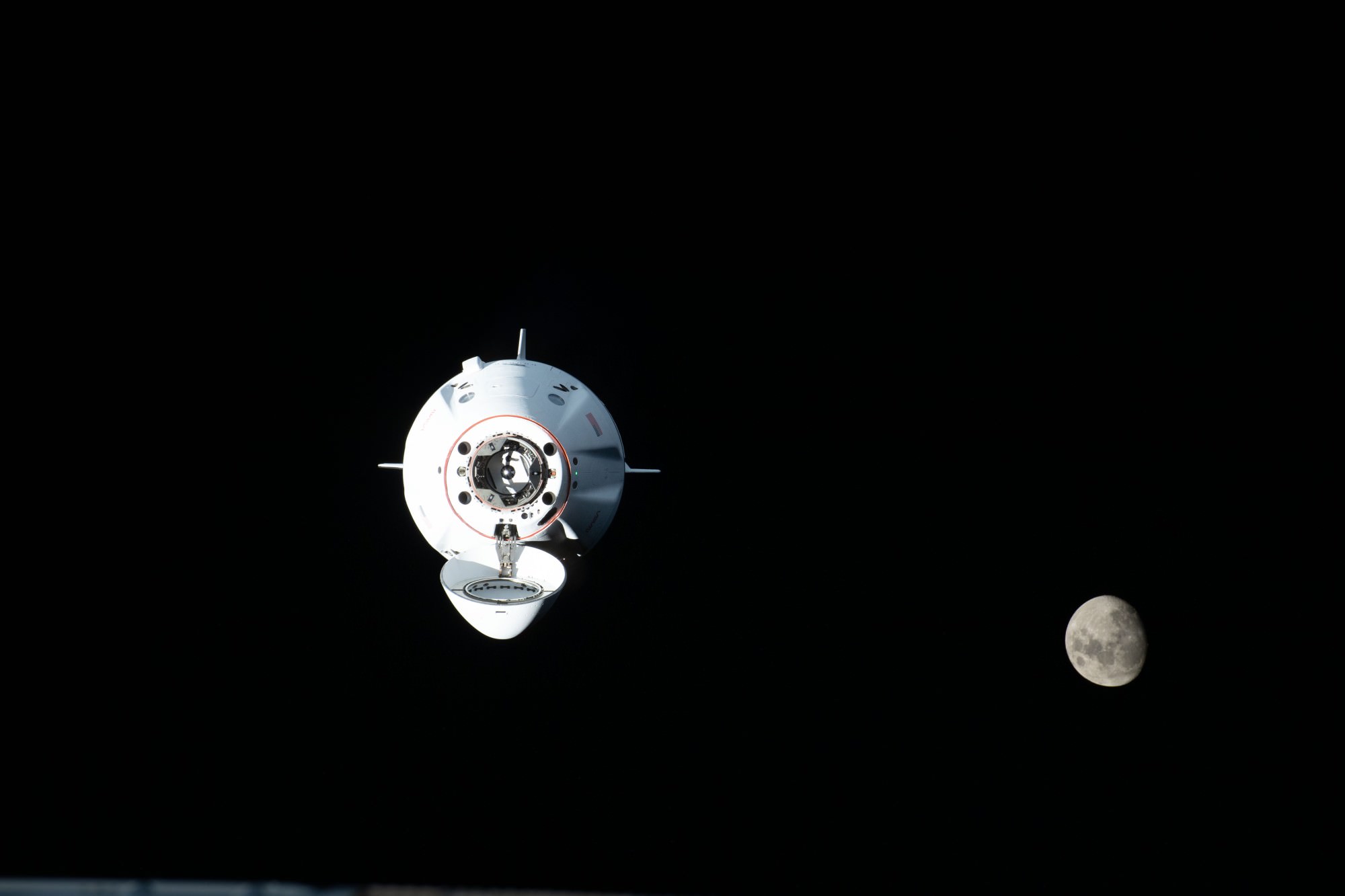World
U.S., Russia, Japan & Netherlands Join Hands on SpaceX’s Crew-7 Mission
By Mara Lafontaine · July 26, 2023
In brief…
- NASA's SpaceX Crew-7 mission is scheduled to launch August 17 using SpaceX's Dragon spacecraft Endurance.
- The six-month mission includes a highly skilled international crew.
- Each crew member is responsible for ensuring the operation of nation-specific equipment during the flight.
- The crew will conduct tests and experiments involving human physiology, bacterial adhesion and corrosion, anti-cancer drugs, genetic research, and Earth's climate.

NASA’s SpaceX Crew-7 Mission is scheduled to lift off from the Kennedy Space Center August 17th. A four-person crew will travel aboard SpaceX’s Crew Dragon Endurance. Powered by a brand-new Falcon 9 booster, Endurance will accelerate to about 17,500 mph to meet up with the International Space Station (ISS).
This will be SpaceX’s 7th crewed mission to ISS for NASA’s Commercial Crew Program; and the third flight for Endurance. The astronauts are Jasmin Moghbeli (NASA), Andreas Mogensen from the European Space Agency (ESA), Satoshi Furukawa of Japan Aerospace Exploration Agency (JAXA), and cosmonaut Konstantin Borisov of the Russian Federal Space Agency (ROSCOSMOS).
Space UpClose website editor Dr. Ken Kremer explained that each country’s representatives is responsible for ensuring the operation of nation-specific equipment on the ISS. “It’s really important also to have Russians and Americans on both the Soyuz and on these commercial cargo ships… because each of those countries has systems that can only be operated really by people from their own country. And that’s really serious, because the way that the SpaceX space station is reboosted to a higher orbit is through the thrusters on the Russian segment. They provide the propulsion. Otherwise, over time, their altitude decreases, and it would go into the ocean,” Kremer explained.
The scientific experiments planned for the six-month mission investigate topics involvoing human physiology, bacterial adhesion and corrosion, anti-cancer drugs, genetic research, and Earth’s climate. In a press conference, Furukawa described an experiment with protein crystallization at zero gravity; and Borisov discussed an experiment involving the effects of zero gravity and radiation on the development of quail eggs. Kremer also spoke of a planned spacewalk, during which the crew will gather microbial samples from the ISS exterior.
More launches are expected with some including StarLink satellites. “There’s another big SpaceX launch tomorrow, The Falcon Heavy,” said Kremer. “And there was one two days ago, another StarLink. And at the end of this week, another StarLink. So this is going to be like three space missions this week and then more next week… Going to be real exciting.”